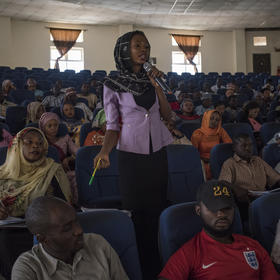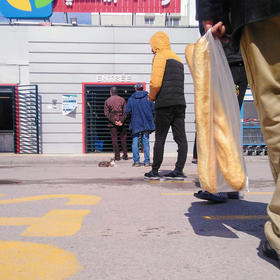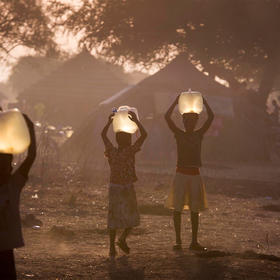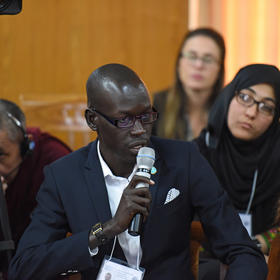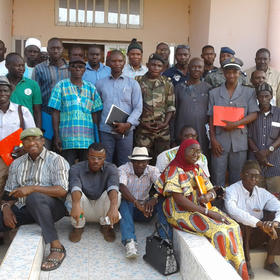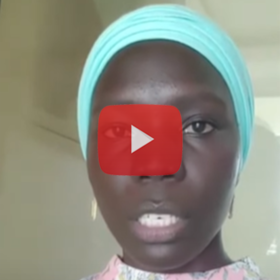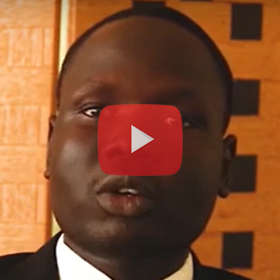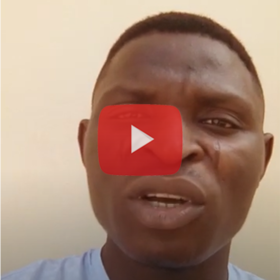Peace and Pandemics
Stories of resilience from USIP's global network of peacebuilders
As the world grapples with the COVID-19 crisis, inspirational stories of on-the-ground peacebuilding, nonviolent activism, and community leadership are all the more valuable—as practical examples for other peacebuilders around the world, as reaffirmations of USIP’s commitment to our core mission, and as beacons of hope and progress in a turbulent time.
Read USIP expert's analysis of the intersections between the coronavirus pandemic and conflict »
Generation Change Fellows: Action for Change Amid the Pandemic
USIP's Generation Change Fellows program connects young leaders worldwide with the peacebuilding training and global community they need to help transform their communities. Amid the pandemic, many of these fellows have used skills and resources from the program to find creative ways to take action for change.
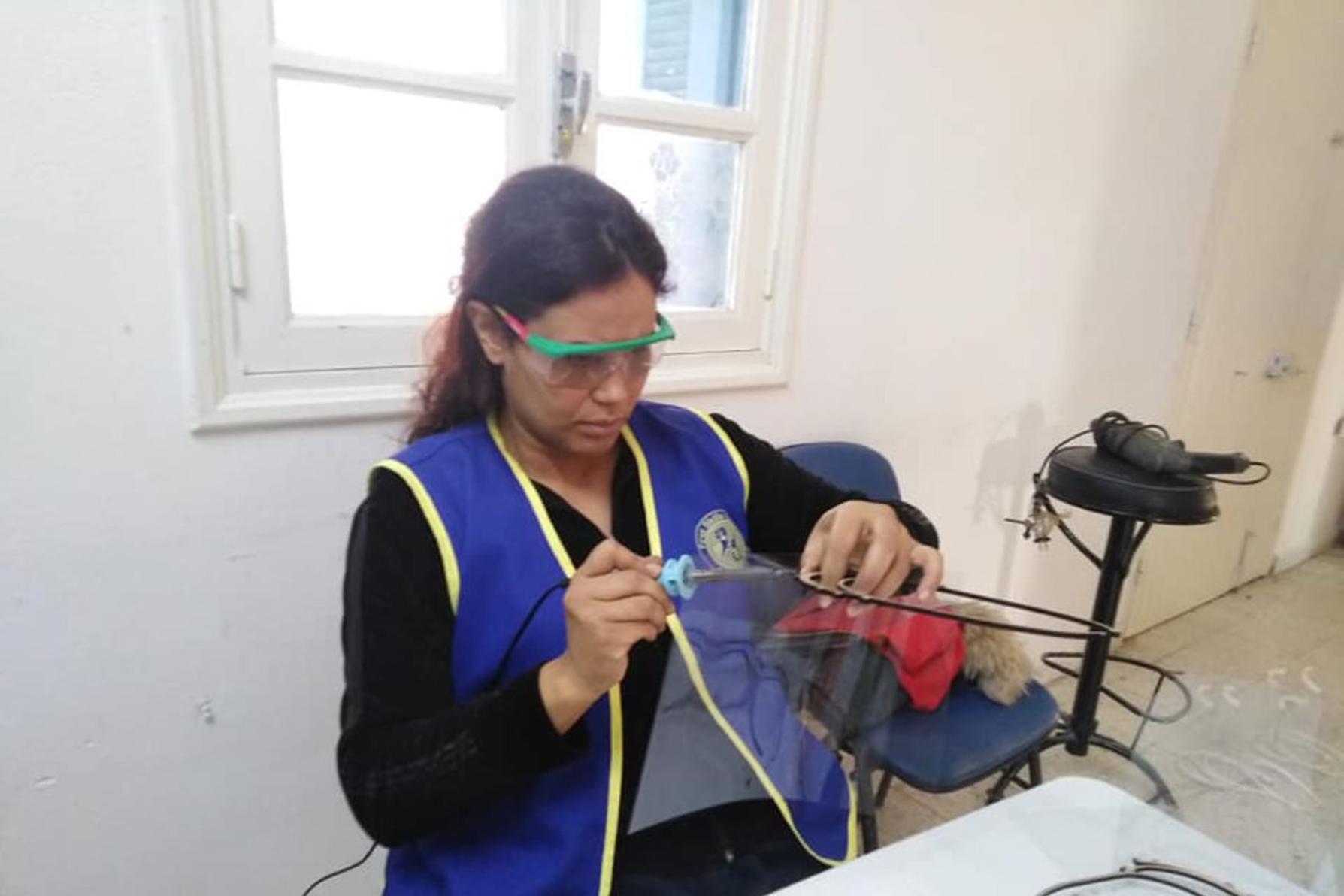
"Extend Your Hand to Save Our Land"
